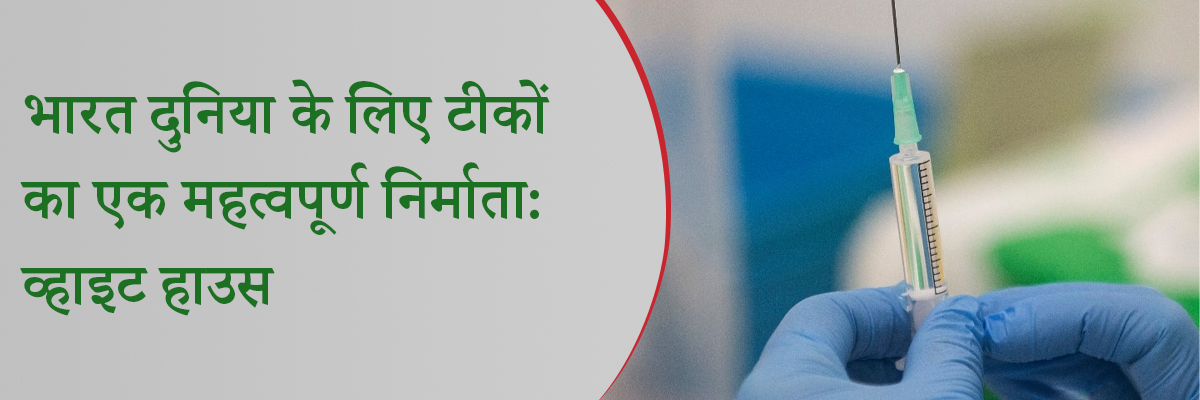

FAQ about COVID Vaccine?
Can We Mix & Match Vaccines?
A study on myxopathy or mixing and matching vaccines was recently published in the renowned medical journal The Lancet. In the study’s clinical trial, the Pfizer vaccine was administered after the AstraZeneca vaccine to the subjects. Then they were followed up after fourteen days.
It showed that if the Pfizer vaccine is given after 8-12 weeks of the AstraZeneca vaccine, it yields a robust immune response with mild reactogenicity. This is called “Myxopathy” or mixing two vaccines.
This is based on a principle known as “heterologous boosting”. There are two ways in which the body’s immune response and antibody count can be boosted:
1. Giving two successive spaced doses of the same vaccine containing the same viral vector, for eg, Covaxin and Covishield
2. Giving two different viral vectors in two successive spaced doses. The vaccine name might remain the same (as in the case of Sputnik), or may change (as in the case of the study referenced above).
As far as India is concerned, there is no myxopathy needed. The advice is to not mix the vaccines right now. If by chance mixing occurs, no harm would be done. Right now myxopathy or mixing vaccines is in the research phase and it is unlikely to be the standard of care.
However, immunologists are investigating myxopathy as they feel the constant supply of vaccines is the biggest challenge today.
Can I Take Painkiller for Bodyache after Covaxin?
They shouldn't be used before a shot to prevent symptoms, but if your doctor agrees, you can use them later if necessary.
Painkillers are a source of worry since they may suppress the immunological response that vaccination is designed to elicit. Vaccines operate by convincing the body that it is infected with a virus so that it can develop a defense against it. This may result in brief arm pain, fever, muscular aches, or other indicators of inflammation, all of which are signs that the vaccination is working.
According to several studies, medications such as ibuprofen (Advil, Motrin, and other brands) may reduce the immune system's reaction. According to research on mice, these medicines may reduce the development of antibodies, which prevent the virus from invading cells.
According to Dr. William Schaffner, an infectious disease expert at Vanderbilt University, other research has found that painkillers may reduce the response to some childhood vaccines, so many pediatricians recommend that parents avoid giving their children the medicines before the shot and only if necessary afterward.
The Centers for Disease Control and Prevention recently modified its recommendations to advise against taking analgesics before getting a COVID-19 injection. It states you can take them thereafter for symptoms if you don't have any other medical problems that prevent you from doing so, but you should see your doctor beforehand.
He noted that acetaminophen (Tylenol) is superior to other medicines for relieving symptoms after injection because it operates in a different way.
Does the Incubation Period of the Virus Change with Mutation?
The time between initial exposure and the emergence of illness symptoms is referred to as the incubation period of a pathogen/disease. According to the CDC in December 2020, the incubation time for severe acute respiratory syndrome coronavirus 2 (SARS-CoV-2) or COVID-19 is between 2 and 14 days.
The method of pathogen transmission, pathogen load (amount of pathogen that has entered the body), and the host immune system's functioning are all variables that influence the incubation time.
Case studies with patients who have been exposed to a single pathogen are the most reliable means of determining the incubation period. It is hard to establish which exposure initiated illness development in individuals who have been exposed to the pathogen several times.
The fast spread of fatal SARS-CoV-2 since its debut in China in December 2019 has highlighted the necessity to investigate epidemiological features of the virus, particularly the incubation time.
According to the World Health Organization and the Centers for Disease Control and Prevention, the incubation time for SARS-CoV-2 was predicted to be 1–14 days. The incubation time was predicted to be 5–6 days on average.
It's worth noting that, as of 2021, several SARS-CoV-2 variations have emerged, some of which have been a source of worry owing to problematic mutations that produce alterations like greater transmissibility.
Individual variations have not been the subject of much research on the incubation time. More data is needed before any judgments can be drawn about whether the incubation period has altered. For the time being, health organizations like the CDC and WHO still suggest a 14-day quarantine period.
References:
1. https://youtu.be/6mTV4vmVxE0
2. https://indianexpress.com/article/explained/can-i-take-painkillers-before-or-after-a-covid-19-vaccine-7249169/
3. https://www.news-medical.net/health/Coronavirus-Incubation-Period.aspx
Related FAQs
Everything You need to know about Outbreak of Novel Corona virus Infection in china
Coronavirus in India: Symptoms, Cases and Latest Updates
WHO declares Global Health Emergency -India’s first case of Coronavirus in Kerala
WHO Declares The Outbreak Of The Coronavirus As A Pandemic
COVID-19 or Coronavirus Declared as A Pandemic
Difference between Quarantine, Isolation and Social Distancing
101 With Hantavirus: Causes, Symptoms And Treatment
India Under Quarantine: Can It Block The Virus Progress?
British Prime Minister Boris Johnson Diagnosed with COVID 19
Can Coronavirus Risk Increase In Diabetic Patient

